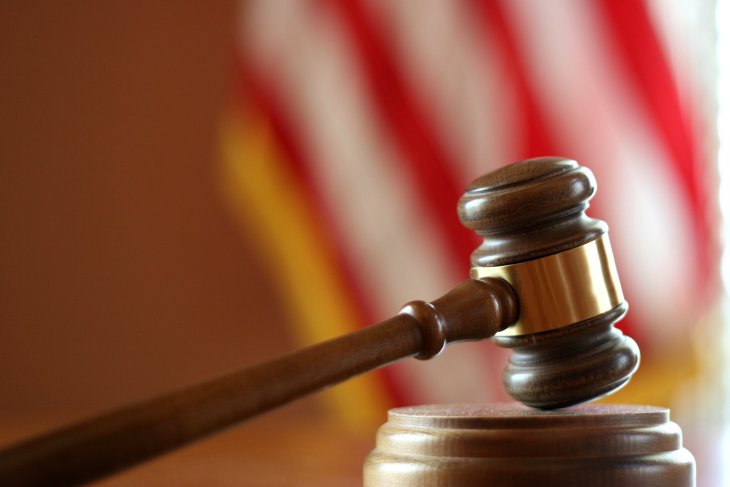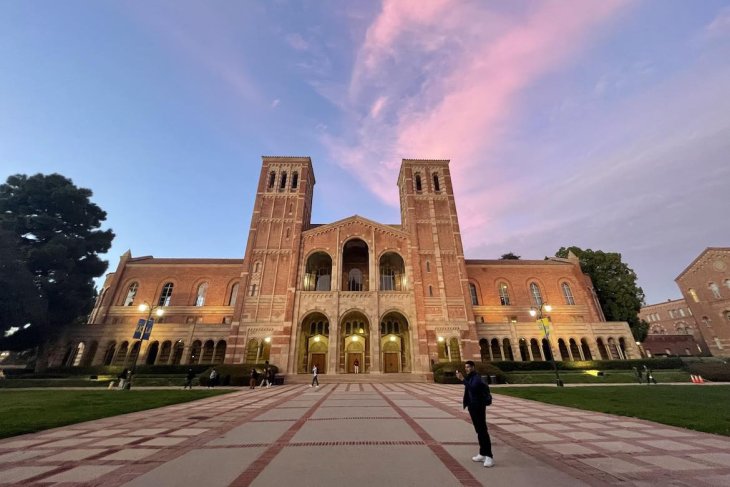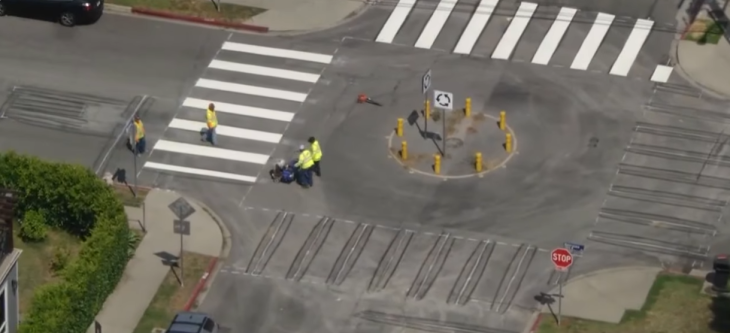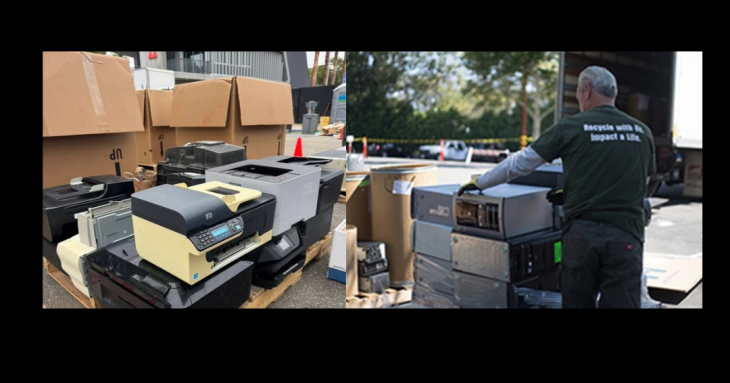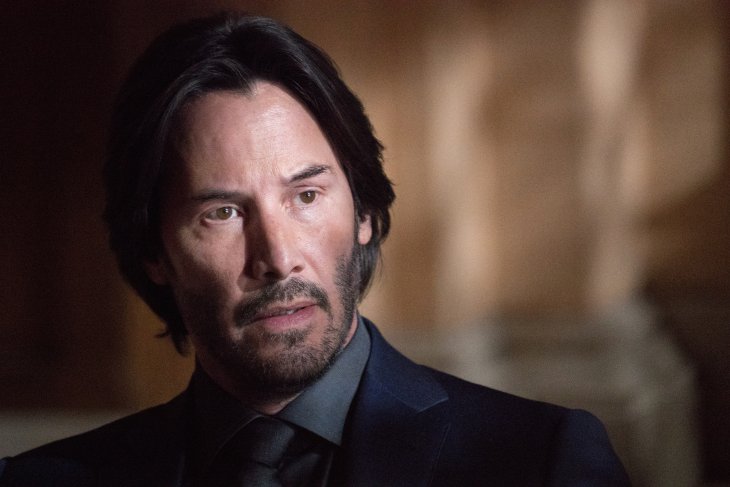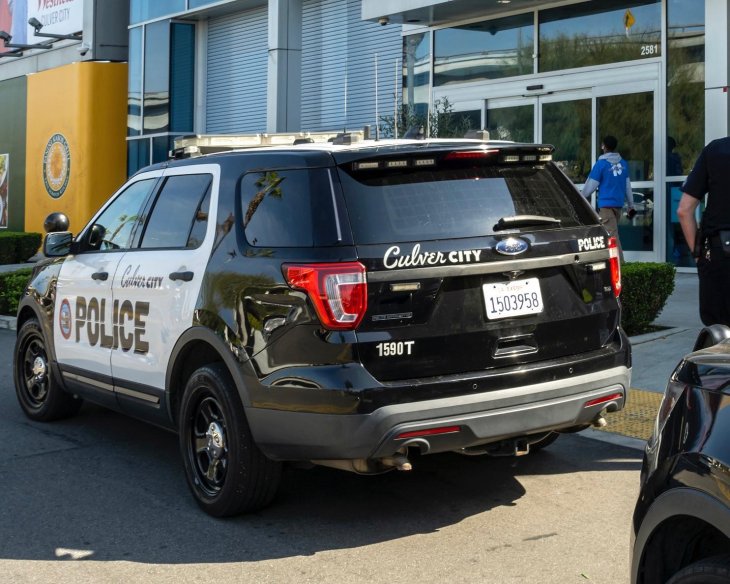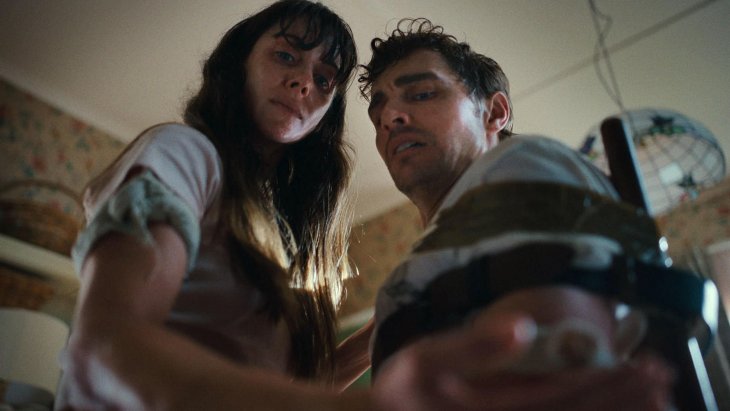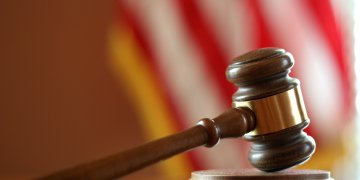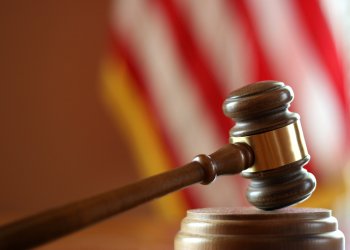The state Supreme Court ruled today that attorney Howard K. Stern can be retried on charges of conspiring to provide prescription drugs to reality television star Anna Nicole Smith — if a trial court grants his motion for new trial.
Stern, who was Smith’s longtime companion, was convicted Oct. 28, 2010, of two counts of conspiracy stemming from prescriptions written on behalf of the former Playboy playmate, who died from an accidental drug overdose in February 2007. Smith’s psychiatrist, Dr. Khristine Eroshevich, was convicted of four counts.
But during their 2011 sentencing hearing, Los Angeles Superior Court Judge Robert J. Perry threw out Stern’s convictions, citing insufficient evidence. Perry said that “no reasonable trier of fact could find that Howard Stern had a specific intent to violate” the law and that he only provided drugs to Smith under fake names in order to protect her privacy.
Perry also dismissed three of four convictions against Eroshevich, sentencing her to a year of probation and a $100 fine for the remaining conviction of unlawfully obtaining a prescription by using a false name. Perry also reduced the final charge to a misdemeanor.
A three-judge appeals panel later overturned Perry’s decision, citing “evidence Mr. Stern knowingly participated in conduct designed to avoid detection and scrutiny.” But that panel also found that Perry’s ruling, though in error, would bar Stern from being retried on the charges, because double jeopardy would apply.
Double jeopardy holds that defendants cannot be tried twice for the same crime after an acquittal or conviction.
In March 2013, the full Second District Court of Appeal agreed with the panel. In its opinion, Justice Paul A. Turner wrote, “Under no circumstances may a retrial occur.” The lower court was ordered to reinstate the verdicts and then rule on whether a new trial could be granted on grounds other than insufficient evidence.
District Attorney Jackie Lacey appealed the appellate court decision to the state Supreme Court, arguing that Stern’s request for a new trial effectively waived the protections of double jeopardy.
The Supreme Court found that reinstating the jury verdicts did not amount to a new trial. The court also agreed with Lacey, finding in an opinion written by Chief Justice Tani Cantil-Sakauye that, “A defendant who files a motion for a new trial, like a defendant who moves for a mistrial, waives state and federal double jeopardy protections.”
The only exception to that the rule, according to the high court, would be in a case in which there is insufficient evidence to convict, but that exception does not apply in Stern’s case.
The case now moves to back to the trial court, where a judge must decide whether to grant Stern’s motion for new trial on grounds other than insufficient evidence or to dismiss it.
If a judge rejects the new-trial motion, Stern would then be sentenced on his original conviction on the conspiracy counts.
Prosecutors said at the time of his conviction that Stern faced as much as three years in prison.

